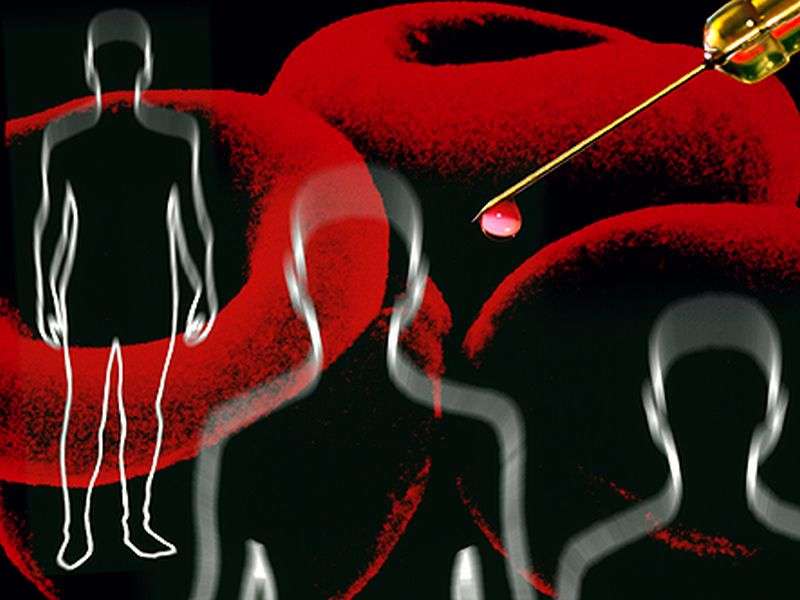(HealthDay)—Activated factor VII-antithrombin complex (FVIIa-AT) levels correlate with increased mortality risk in patients with coronary artery disease (CAD), according to a study published online Jan. 27 in the Journal of Thrombosis and Haemostasis.
Nicola Martinelli, M.D., Ph.D., from the University of Verona in Italy, and colleagues examined FVIIa-AT plasma concentrations in 686 subjects with (546 subjects) or without (140 subjects) angiographically-proven CAD. Patients with CAD were followed for total and cardiovascular mortality.
The researchers found that FVIIa-AT levels did not differ for CAD and CAD-free subjects (84.8 and 83.9 pM, respectively). During a 64-month median follow-up, the risk of both total and cardiovascular mortality was increased two-fold for patients with FVIIa-AT levels higher than the median at baseline (≥79 pM), within the CAD population. After adjustment for sex, age, and other predictors of mortality, the results were confirmed (hazard ratio for total mortality, 2.05; hazard ratio for cardiovascular mortality, 1.94; with slight improvement of C-statistic over traditional risk factors). Increased thrombin generation was also seen in association with high FVIIa-AT levels.
"This preliminary study suggests that plasma concentration of FVIIa-AT is a thrombophilic marker of total and cardiovascular mortality risk in patients with clinically stable CAD," the authors write.
Two authors disclosed financial ties to Diagnostica Stago.
More information:
Abstract
Full Text (subscription or payment may be required)
Copyright © 2016 HealthDay. All rights reserved.
























